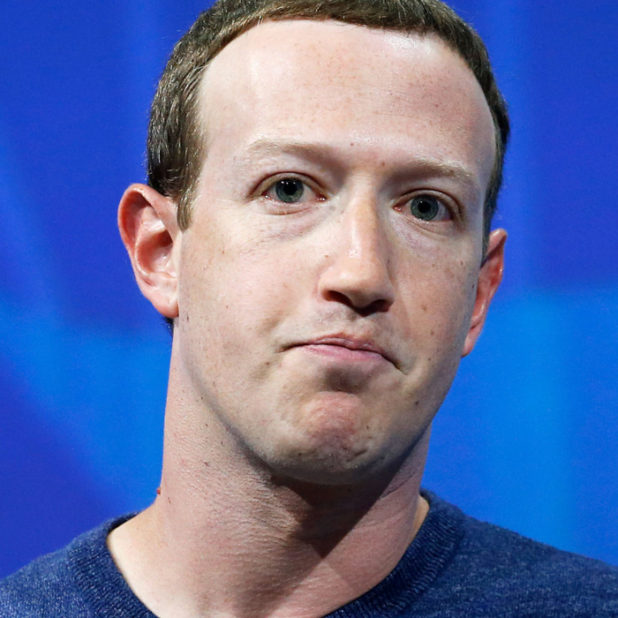Pomidor Quixote
Daily Stormer
January 27, 2019
Facebook continues to crumble while being attacked from multiple fronts. Privacy concerns aside, now we know they deliberately exploited minors to keep profits up.
In 2011, Facebook sent out a memo to employees to help them educate game developers about the company’s fraud practices. One of the bullet points in that memo read: “Friendly Fraud – what it is, why it’s challenging, and why you shouldn’t try to block it.”
In Facebook’s jargon, “Friendly Fraud” refers to people accidentally spending money on games. Sometimes it can be hard with mobile/Facebook games to tell when you’re spending real money. This is particularly true of minors, who may not realize their parents’ credit cards are tied to their accounts, or that in-game purchases are actual purchases to begin with.
For years Facebook turned a blind eye to kids spending their parents’ money on Facebook games—sometimes thousands of dollars. Despite angry parents, chargebacks from credit card companies and numerous warnings from employees, the risk to the bottom line was simply too great. For Facebook, it was better to defraud kids and their parents than to lose out on all that money.
A new investigative report from Reveal sheds light on newly unsealed court files dating between 2010 and 2014 that show a pattern of fraudulent behavior from the social media giant, just the latest in a long string of public relations blows to the Menlo Park, CA based corporation.
Children were spending so much money on Facebook games without their parents permission or knowledge—and often without even knowing they were spending real money—that chargeback rates for Facebook games hit 9%, 18 times the average for businesses. This is over four times the “red flag” threshold for the Federal Trade Commission which considers 2% an indication of “deceptive” business practices.
The chargebacks were so high that some developers worried about it in correspondence with Facebook. One of these was Angry Birds developer Rovio. In an email that developer wrote: “We have been seeing refund rates of 5-10 percent in terms of credits spent so far on Angry Birds. This seems quite high to me, but it might just be normal for games on Facebook.”
Minor asks parent for credit card, parent thinks it’s a one-time purchase, the credit card information stays available in the game for “convenience,” the minor sees “crystals,” “gems,” and other in-game currencies that represent real-world money, and it’s not immediately clear they’ll be doing an automatic credit card purchase each time they hit the “refill” button.
This is a very Jewish stratagem from a very Jewish company.
They can’t brush it off as bad user interface now though. These documents show they were aware of the problem and chose to ignore it because the shekel flow it generated was just too big to give up.
This thing where you only need to see the “credit card interface” once in order to load it for future purchases in games made specifically for kids is purposefully deceptive, but it isn’t even the worst about these “games” targeting kids.
Mobile games are casino-simulators for youngsters.
They’re designed to turn them into addicts. From the “notifications” conditioning to the colors used, everything is aimed at keeping children coming back for their next fix.
I’m a 26-year-old man who has been working in the video game industry for the past three years. In this time, I have seen the lengths that most mobile developers go to in order to re-wire the neurological reward systems of their player’s brains. By carefully gauging and systemizing the level of achievement needed for dopamine release, most mobile developers profit off of this carefully constructed addiction. Is engineering a voluntary experience (playing video games) to be addictive, moral?
Combine all of that with the fact that parents are increasingly depending on tablets and other devices with internet access for keeping their children occupied.
The brains of the young are easier to program. That is why they’ll love for them to start masturbating as soon as possible, and why they love that parents are letting their toddlers “play” alone with their tablets.
We should protect our youth.
But we have to be able to protect ourselves first.
Don’t be a screen addict.
 Daily Stormer The Most Censored Publication in History
Daily Stormer The Most Censored Publication in History







